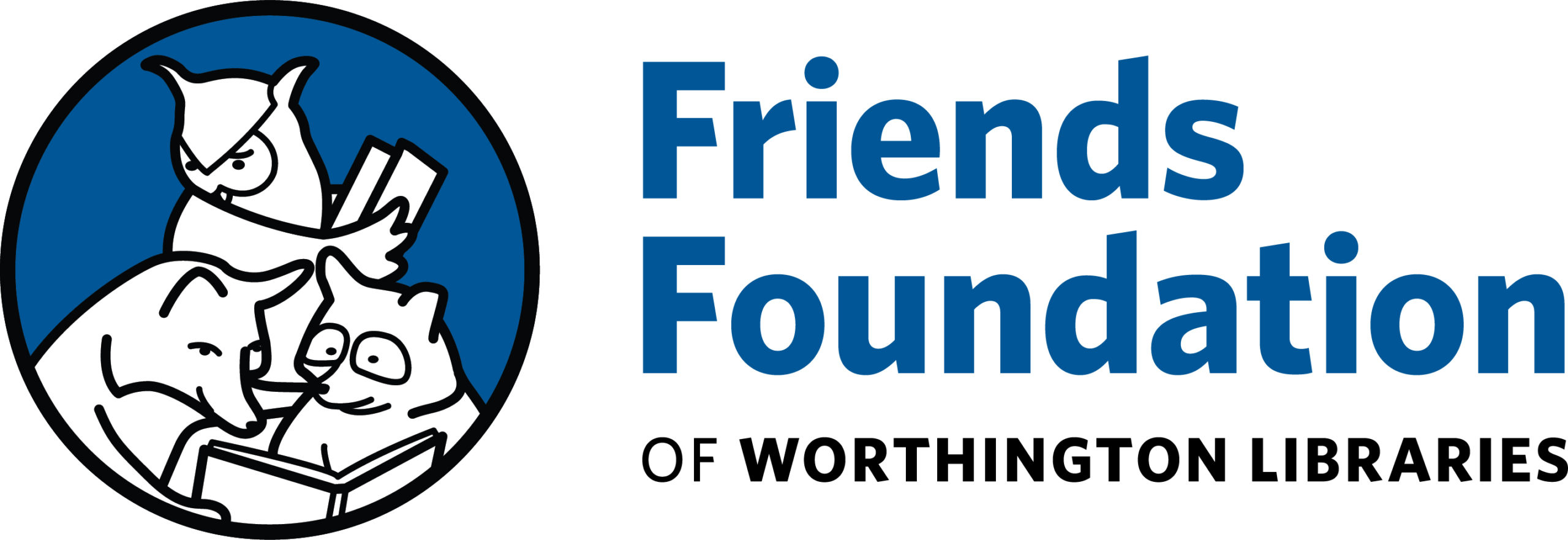Gender expert Dr. Kate (Buban) Mangino returned to her hometown in September to discuss her recently released debut book, Equal Partners: Improving Gender Equality at Home. The Friends-hosted event was part of the organization’s 50th anniversary celebration activities.
Equal Partners is a comprehensive, practical guide for readers and their partners about gender norms and household balance. It covers moving from diagnosing the gender problem to offering solutions. The book is filled with ideas, stories, interviews and suggestions about what individuals can do to address household gender inequality with their partner, kids, grandkids, friends and community.

Author Kate Mangino, left, with Friends member Susan Bonnell
Kate has more than 20 years of experience working in the international development sector, writing and delivering curricula in dozens of countries across a range of issues: gender equality, women’s empowerment, healthy masculinity, women’s economic participation, HIV prevention and early and forced childhood marriage.
A graduate of Thomas Worthington High School, Kate was born and raised in Worthington and her family has deep roots in the community. Her mother Marcia, a Worthington native, is a retired elementary art teacher for Worthington schools. Her parents have been members of the Friends Foundation for many years. Kate, her husband Evan and children are a foreign service family currently posted in Costa Rica.
During a 45-minute interview with Friends President John Butterfield, Kate shared her insights into book writing, what she has learned through her research into gender inequality and what we can do to address gender imbalances in our personal lives. She also discussed her experiences growing up in Worthington, her education and career. Below are Kate’s answers to some of the questions posed.
John: You started writing mid-career. How has it been learning about how to publish at this stage in your life?
Kate: I have had a huge learning curve the last few years. And since I am neither rich nor famous, it feels miraculous to have a book published. First, you have to meet an agent who is willing to represent you. I was lucky and met my agent, Amanda, at a book conference fairly early in my process; I had only been looking for an agent for about a year. Trident Media signed me in May 2019 – and that was the first big hurdle. Then I worked with Amanda to write the proposal for the book plus a sample chapter, and that took another year. My book went out for bid in June 2020, and since agents only sell about half of the books they pitch, I was thrilled when I got the offer from St. Martin’s Press. And I am still amazed that Amanda sold my book during the COVID lockdowns! Anyway, then I had a year to write the book – the manuscript was due in June 2021. And finally, it took a year for editing and printing. Finally, it was out in print in June 2022. So, all in all, this was a more-than-four-year process.

Friends President John Butterfield interviews author Kate Mangino.
John: Do you think that the pandemic impacted this process for you?
Kate: Yes, and sadly in a good way – the pandemic was good for my writing. Which makes me feel a little guilty because it has been such a hard time for all of us. But I wonder if my book would have sold without the pandemic. Before March 2020 a lot of people did not think we had a gender inequality problem at home. But by June 2020 the news was full of the “pink recession” and how much the pandemic impacted women – so no one could deny that women took on a greater load in the home.
John: You focused the bulk of your book around a group called the EP40. Who are they? And why are they important?
Kate: I wanted to focus on what was working – not what was broken. So, I identified 40 men who are already living as equal partners in their homes; in other words, they do half the physical and cognitive labor in the home. And I asked them questions like: what influenced you to behave this way? What motivates you? What advice do you have for raising sons? And their stories constitute the whole middle section of the book.
John: What was the #1 thing you learned from them?
Kate: Probably this – the EP40 are not giving anything up. They’re not making a sacrifice. They choose to live this way because they want to – because it makes their life better. They don’t have to perform masculinity for anyone; they can be their own genuine selves. They feel proud that they provide for their family in every sense of the word. And they have great relationships with their spouse, kids, grandkids and other family members.They truly proved that gender equality is better for everyone.
John: What is the one thing you want people to know about your book?
Kate: For a long time, the conversation about household equality has been stuck in the nuclear family. But this is a broad social problem, and it is way bigger than one person, or one family, is going to solve. If we really want to see a change, it is going to require all of us. So, no matter who you are – whether you have a partner or not, no matter your age, kids / no kids or other factors – if you care about gender equality, there is something you can do. Yes, I wrote Equal Partners for young couples and young parents. But I also wrote the book for grandparents and friends and neighbors; for young people and old people and middle-aged people. No one gets a pass – we all have work to do.
Equal Partners is available at area bookstores and online. It is also on loan at all Worthington Libraries’ locations and at most other libraries in central Ohio.
